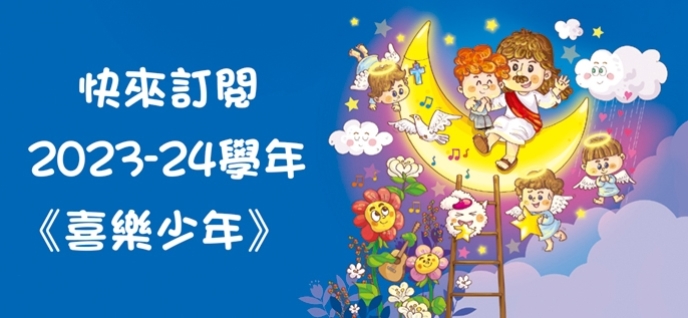
Goodbye
As the school year is about to end, some students might have mixed feelings. While they look forward to a relaxing summer holiday, they also feel upset because they will miss their classmates and teachers. In particular, Primary 6 students will be saying " goodbye " to teachers and friends as they are taking their big step to secondary education.
" Goodbye " is a parting phrase used to express good wishes when leaving someone. It comes from the term " godbwye " , which was first recorded in the 16th century and is a contraction of the phrase " God be with ye " . Scholars believe that the replacement of " good " for " God " may have been affected by some leave-taking formulaic expressions, such as, " good day " , " good night " and " good evening " .
In early times, the expression was frequently spelt with two words separated as in " good bye " . Later, in the 19th century, it was often hyphenated as " good-bye " . In modern times, it is more commonly written as one word: " goodbye " .
This is my last article for this column, so goodbye to you all.
本學年行將結束,有些學生或許心情複雜。一方面他們期待著一個輕鬆的暑假的來臨,另一方面他們也感到不開心,因為他們會掛念自己的同學和老師。尤其是小六學生將要向老師和朋友說「goodbye」,因為他們正邁向中學教育。
「Goodbye」是臨別語,在離開某人的時候用來表達美好的祝願。它來自「godbwye」一字。Godbwye最初記載於十六世紀,是「God be with ye」的縮寫。學者認為用「good」代替「God」也許是受了一些公式化的道別用語如 good day、good night 和 good evening 的影響。
在早期時代,「good bye」這個用語常常分開兩個字拼寫。後來在十九世紀,它經常用連字號連接:「good-bye」。在現今時代,它通常被寫成一個字:「goodbye」。
這是我為本專欄撰寫的最後一篇文章。在此向大家道別。






